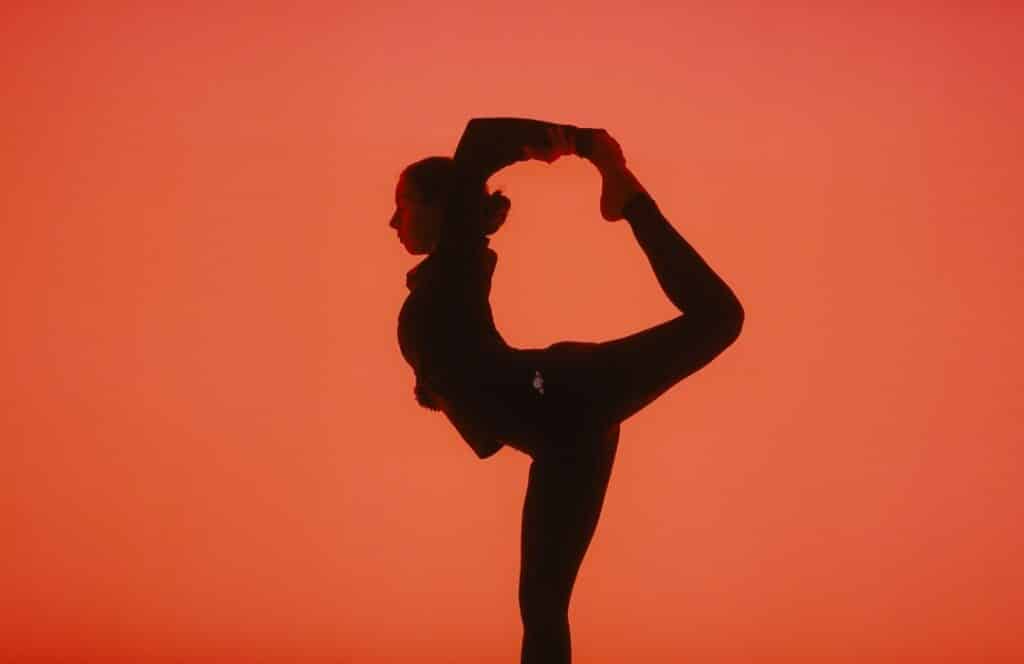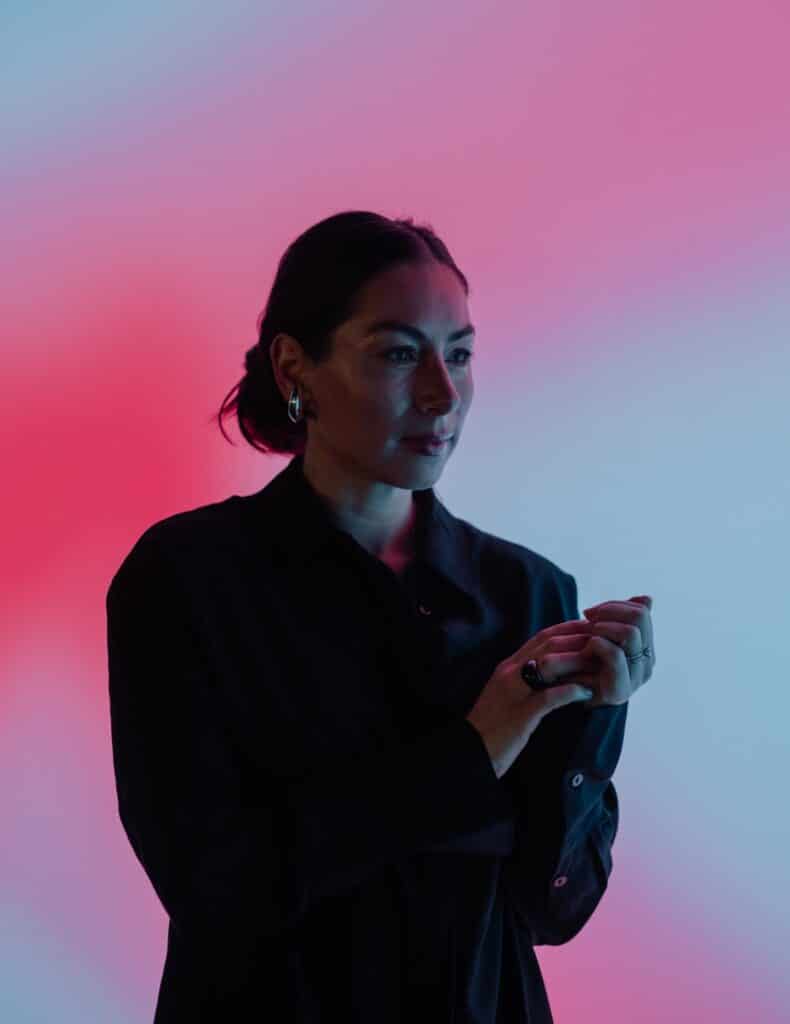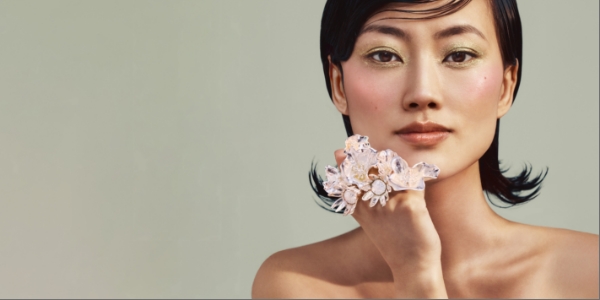When we’ve spoken about Sala to date, we’ve never referred to it as a gym, rather a multi-disciplinary studio. Because, unlike the gym, we understood founder Sarah Lindsay‘s approach to movement as means of empowerment, expression and celebration of what our bodies are capable of. Something that cannot be measured in repetitions or percentages on the scales.
As Sala continues to expand its offering (Pilates, yoga, reformer, barre, contrast therapy etc., and now Chroma fitness) it has attracted and retained a diverse community in its pocket of Auckland’s central suburb of Ponsonby. And with online memberships also available, any one with a body is welcome. But what Lindsay was perhaps least expecting to invite was the undertones of sexism as she expands and grows Sala into a thriving and evolutionary business.
“I’m still facing the archetypes set by entrenched fitness standards,” she shares. “Despite my personal achievements, I’ve encountered many disempowering moments.”
“As investor offers begin to roll in, they are firstly presented to [my husband] Joshua, not me. I’ve had numerous men shake Joshua’s hand and direct questions about Sala to him, as if, of course, a woman must be the face of the brand and not the brains behind it.”
United in fury, we invited Lindsay to share, in her own words, her bones to pick and ceilings to break and how this has motivated her next moves…
Navigating the Masculine Landscape—The Journey of a Female-Owned Gym by Sarah Lindsay
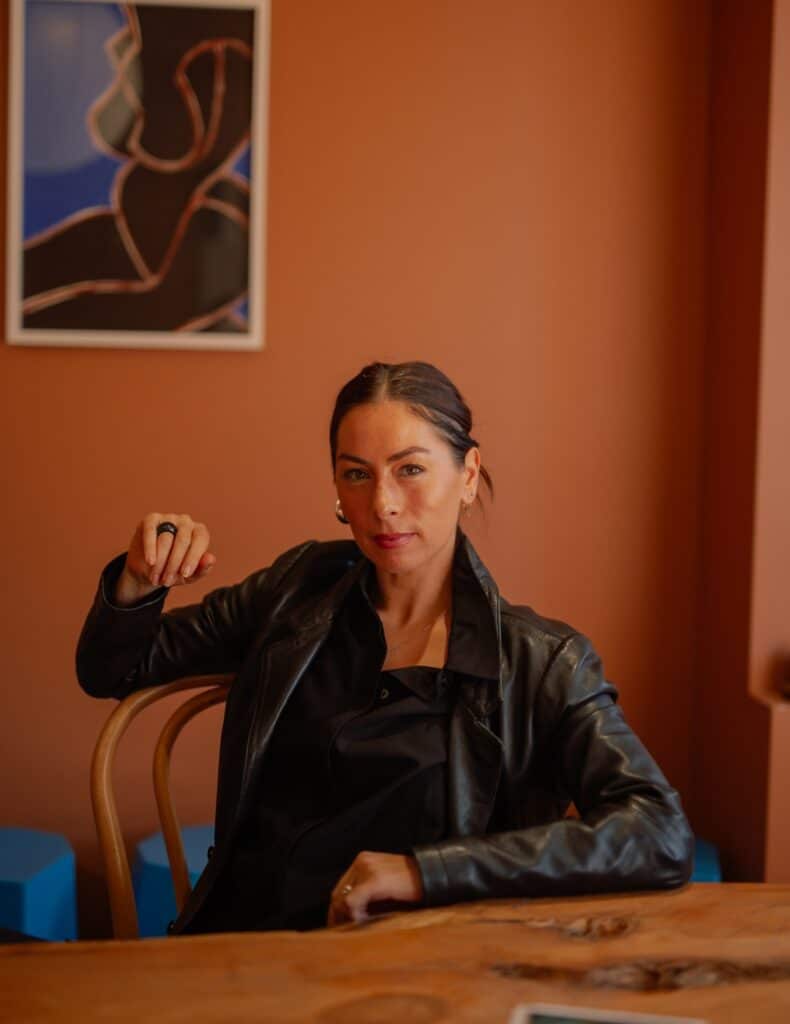
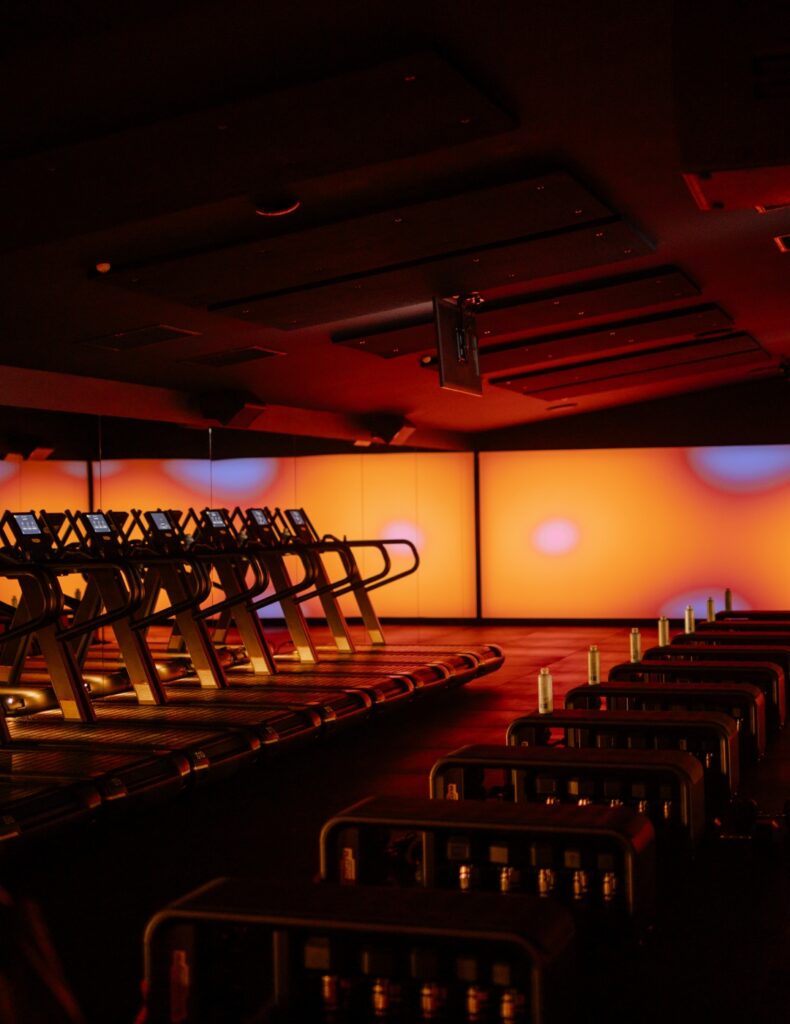
In a world where the fitness industry often feels like a fortress of masculinity, owning and operating a gym as a woman can feel like an act of rebellion. The fitness industry is overwhelmingly male-dominated, with a staggering 70-80% of gym ownership globally held by men. This statistic isn’t just a number; it’s a reflection of the barriers women face when stepping into roles traditionally reserved for men. But this isn’t just about numbers—it’s about challenging the norms, redefining strength, and carving out spaces where women can thrive.
Growing up, I never fit neatly into the boxes society tried to place me in. I wasn’t the sporty kid. I was the dreamer, lost in poetry and wandering through ideas. So when I found myself drawn to fitness, it wasn’t about conforming to the ideals that had been laid out before me. It was about discovering what my body could do, how it could move, and how it could express itself.
It was about reclaiming autonomy in a world that often tells women what they should look like rather than what they can achieve.
When I opened Sala, my goal was not to create just another gym. I envisioned something far more profound—a multidisciplinary movement space that could support people through the evolving seasons of their lives. But stepping into the fitness industry as a gym owner meant confronting a culture that is steeped in masculinity. Gyms have long been seen as the domain of men, places where muscle and grit are king, and the voices that command respect are often male. This isn’t just anecdotal—studies show that while women make up over 50% of the workforce in fitness centers, they are disproportionately represented in lower-paying, service-oriented roles like receptionists and cleaners. These roles, though essential, are a far cry from the leadership and ownership positions that men overwhelmingly dominate. According to the International Health, Racquet & Sportsclub Association (IHRSA), only about 28% of health club owners and general managers are women.
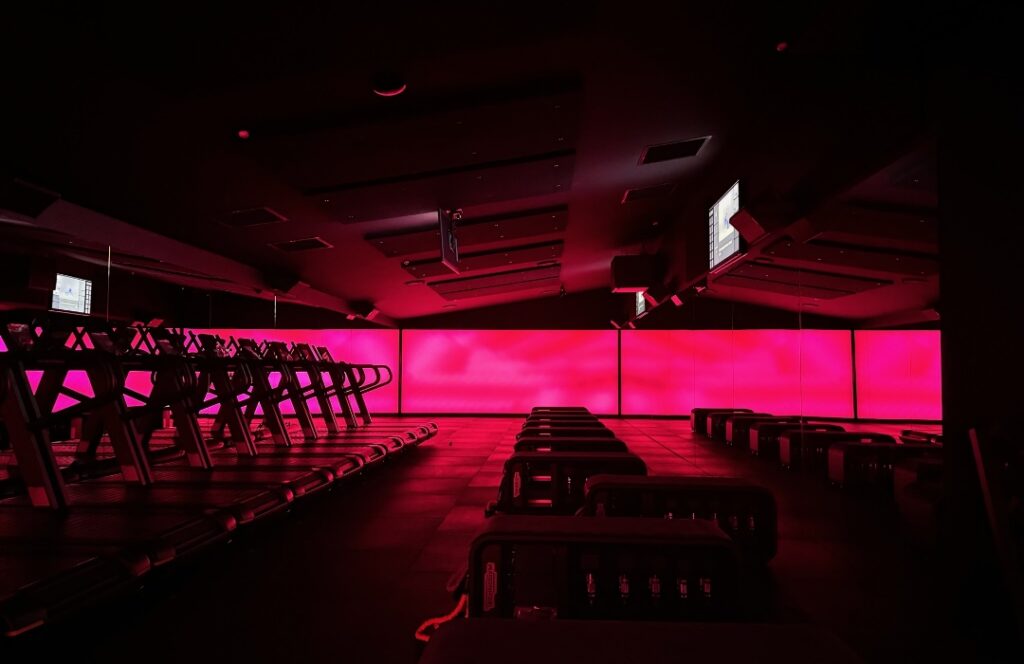
Owning a gym as a woman means constantly challenging the status quo. It means proving, time and again, that you belong in this space, that your vision is just as valid, and that your approach to fitness—one that emphasises inclusion, empowerment, and holistic well-being—is not just a nice alternative but a necessary evolution.
It’s about pushing back against the idea that strength is a purely masculine trait, reminding everyone that strength comes in many forms, and that nurturing community, compassion, and self-discovery are just as powerful as lifting heavy weights.
One of the biggest challenges is breaking through the perceptions that have been ingrained in the industry for decades. Many people still associate gyms with hyper-masculine environments, where women are either sidelined or expected to conform to a certain type of femininity—one that doesn’t challenge the dominance of the male narrative. But what if we could flip that script? What if gyms became spaces where everyone, regardless of gender, could explore their potential without judgment?
Despite the challenges, there’s something incredibly empowering about being a woman in this industry. It’s a daily reminder that we are capable of redefining the spaces we occupy, of creating something new and meaningful in a world that is often resistant to change. It’s about resilience, not just in the physical sense, but in the way we approach business, leadership, and community.
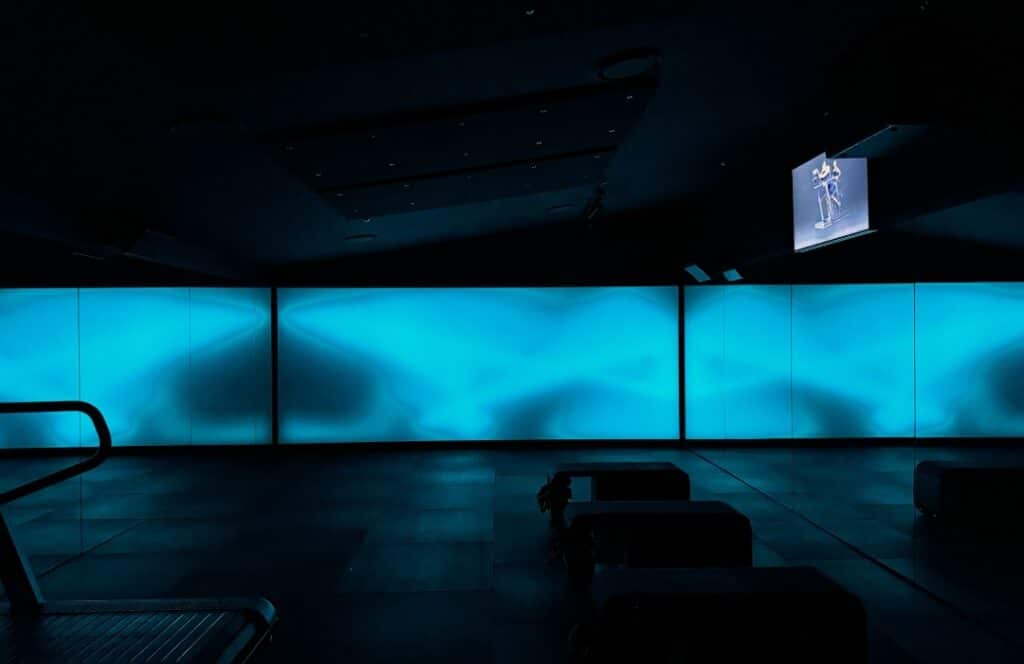
Sala was born from this vision. Its mission is to be a sanctuary where people can move through life’s transitions with support and community, where fitness is not just about physical strength but about emotional resilience, mental clarity, and spiritual growth. At Sala, we focus on creating an environment that nurtures every aspect of the self. It’s a space where people can explore different forms of movement—whether that’s a high-intensity interval session, a mindful yoga practice, or a reflective walk—and find what resonates with them at any given moment in their lives.
Sala is a direct challenge to this status quo. It’s a reminder that fitness is not a one-size-fits-all endeavor.
It’s about creating spaces where everyone, regardless of gender, can explore their potential, find their strength, and evolve. In a world that often emphasises what bodies should look like, Sala is about celebrating what bodies can do. It’s about movement as a means of expression, exploration, and empowerment.
Owning a gym as a woman in a male-dominated industry is a journey of resilience, creativity, and determination. It’s about more than just holding space—it’s about transforming it, making it a place where strength is redefined, where autonomy is celebrated, and where everyone has the chance to discover what they are truly capable of. And that’s a narrative worth fighting for.
